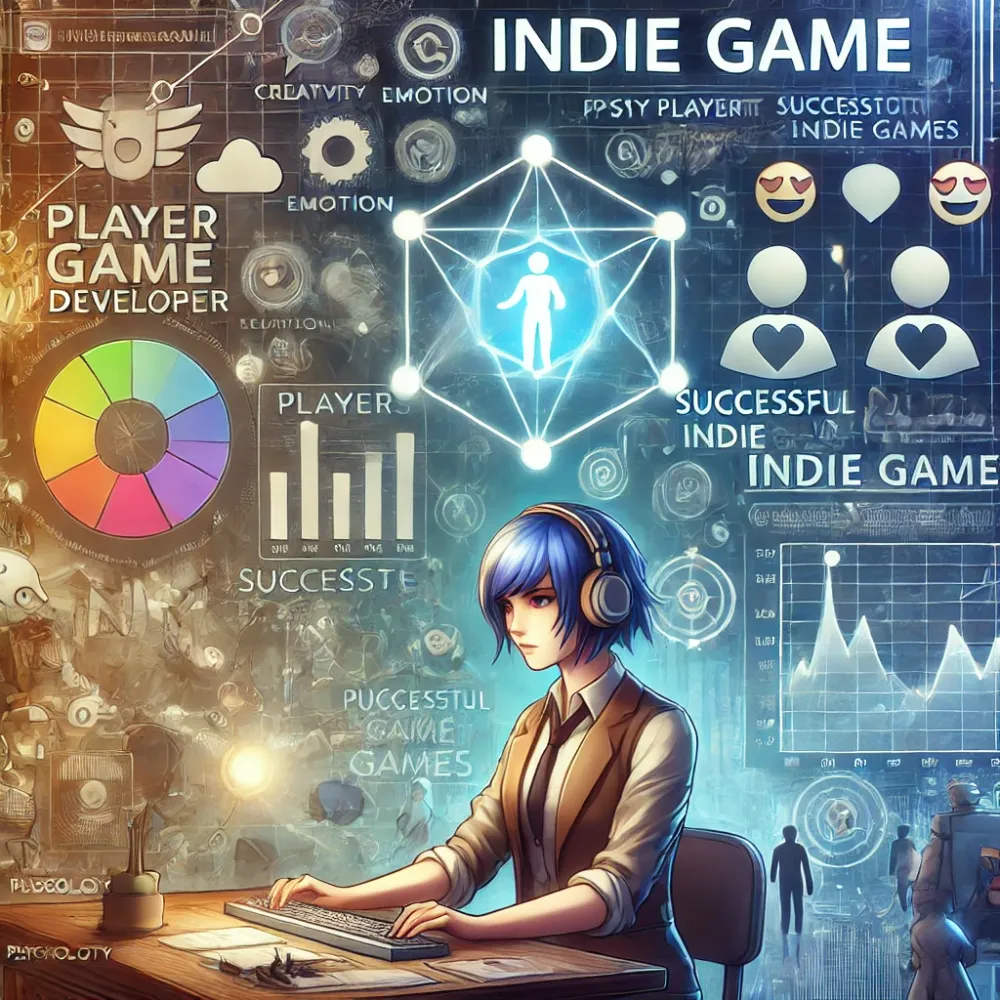The psychology of indie game success: Why some games stick and others fade
understanding the psychological factors that contribute to a game's success can be as crucial as the development process itself. While technical excellence and innovative gameplay are vital, the underlying psychological elements often determine whether a game resonates with players or fades into obscurity.
Emotional engagement and player connection
Games that evoke strong emotions create lasting impressions. Titles like "Celeste" and "Gris" delve into themes of mental health and personal struggle, allowing players to connect on a deeper level. This emotional resonance fosters a sense of empathy and investment, making the gameplay experience memorable (ft.com).
Inclusivity and player freedom
Providing players with the freedom to express themselves without judgment enhances engagement. "The Sims" series exemplifies this by allowing players to explore diverse identities and narratives in a non-judgmental environment. This inclusivity broadens the game's appeal and fosters a loyal community (polygon.com).
Community involvement and feedback integration
Involving the player community in the development process can lead to a more refined and appealing game. Early access models, as seen with "Minecraft," allow developers to gather feedback and make iterative improvements, creating a game that aligns with player expectations and desires (en.wikipedia.org).
Balancing challenge and reward
Games that strike the right balance between difficulty and reward keep players engaged without causing frustration. Understanding cognitive load and providing appropriate challenges can enhance player satisfaction and retention (polygon.com).
Marketing and perception management
Effective marketing shapes player perception and can influence a game's success. Building a strong brand, leveraging social media, and engaging with influencers are strategies that can enhance visibility and attract a dedicated player base (gamedevelopermarketing.com).
By focusing on these psychological factors—emotional engagement, inclusivity, community involvement, balanced challenge, and strategic marketing—indie developers can create games that not only stand out in a crowded market but also build lasting connections with players.




